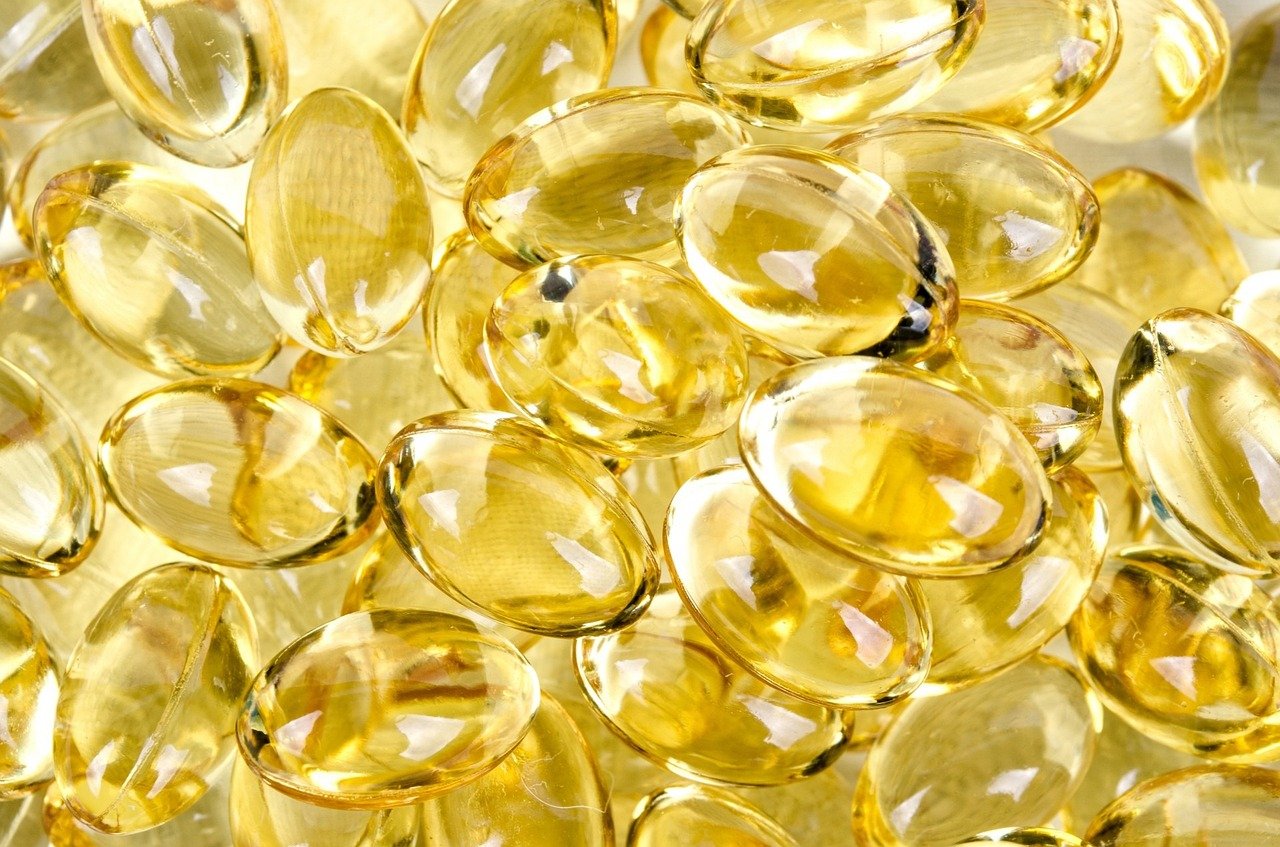In the world of health and wellness, there’s always buzz about supplements that can give you an edge. One such topic that has gained significant attention is the relationship between Vitamin D and testosterone levels. Testosterone, the hormone often associated with muscle growth, energy, and vitality, plays a crucial role in the body, especially for men. But can a simple vitamin really boost your testosterone levels? Let’s explore what the science says about Vitamin D and its potential impact on testosterone.
Understanding Vitamin D and Testosterone
What is Vitamin D?
Vitamin D is a fat-soluble vitamin that your body can produce when exposed to sunlight. It’s essential for many bodily functions, including calcium absorption, bone health, immune system support, and mood regulation. Although it is called a vitamin, Vitamin D acts more like a hormone in your body.
What is Testosterone?
Testosterone is a key hormone in the human body, particularly in men, although women also produce it in smaller amounts. It’s crucial for reproductive health, muscle mass, fat distribution, and overall vitality. Low testosterone levels can lead to various health issues, including fatigue, depression, reduced muscle mass, and low libido.
The Link Between Vitamin D and Testosterone
Scientific Evidence
Several studies suggest a positive correlation between Vitamin D levels and testosterone. For example, research published in the journal Hormone and Metabolic Research found that men with adequate Vitamin D levels had significantly higher testosterone levels than those who were deficient. Additionally, a study from the Journal of Clinical Endocrinology reported that men who took Vitamin D supplements for a year saw an increase in their testosterone levels compared to those who took a placebo.
How Does Vitamin D Impact Testosterone?
Vitamin D receptors are present in many tissues throughout the body, including the testes, where testosterone is produced. This suggests that Vitamin D might play a role in the production of testosterone. Additionally, Vitamin D helps regulate calcium and phosphate levels, which are essential for various metabolic functions, potentially including the synthesis of testosterone.
Seasonal Variations
Testosterone levels tend to fluctuate with the seasons, often peaking in the summer when sunlight exposure (and thus Vitamin D production) is at its highest. This further suggests a link between Vitamin D and testosterone.
Should You Supplement with Vitamin D to Boost Testosterone?
Who Might Benefit?
If you live in a region with limited sunlight, particularly during the winter months, or if you spend most of your time indoors, you might be at risk for Vitamin D deficiency. In such cases, supplementing with Vitamin D could potentially have a positive effect on your testosterone levels, among other health benefits.
How Much Vitamin D Should You Take?
The optimal dose of Vitamin D varies depending on individual factors like age, weight, and baseline Vitamin D levels. However, most health experts recommend a daily intake of 1,000 to 4,000 IU, especially for those with limited sun exposure. It’s essential to get your Vitamin D levels checked before starting a supplement regimen to avoid potential toxicity.
Other Lifestyle Factors
While supplementing with Vitamin D can be beneficial, it’s important to note that other lifestyle factors also influence testosterone levels. Regular exercise, particularly weightlifting and high-intensity interval training (HIIT), along with a balanced diet rich in healthy fats, adequate sleep, and stress management, are crucial for maintaining optimal testosterone levels.
Final Thoughts
The relationship between Vitamin D and testosterone is compelling, with several studies suggesting that maintaining adequate Vitamin D levels can help support healthy testosterone levels. However, while Vitamin D may play a role in boosting testosterone, it’s not a magic bullet. A holistic approach that includes a healthy lifestyle, proper nutrition, and regular exercise is essential for overall hormonal health.
Disclaimer: The information provided on this blog is for general informational purposes only and is not intended as medical advice. Always consult with a qualified healthcare professional before making any decisions regarding your health or starting any new treatments. The content here should not be used to diagnose, treat, or prevent any medical condition. Additionally, please note that this blog is reader-supported. If you click on an affiliate link or advertisement and make a purchase, we may receive a commission at no extra cost to you. This helps us maintain the site and continue providing valuable content.




